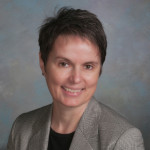
Chief of Staff and Professor of History and American Studies Jeffrey W. McClurken
UMW Chief of Staff and Professor of History and American Studies Jeffrey McClurken has been appointed to the Board of Regents of the James Monroe Law Office Museum and Memorial Library by Virginia Gov. Glenn Youngkin. Read more.

